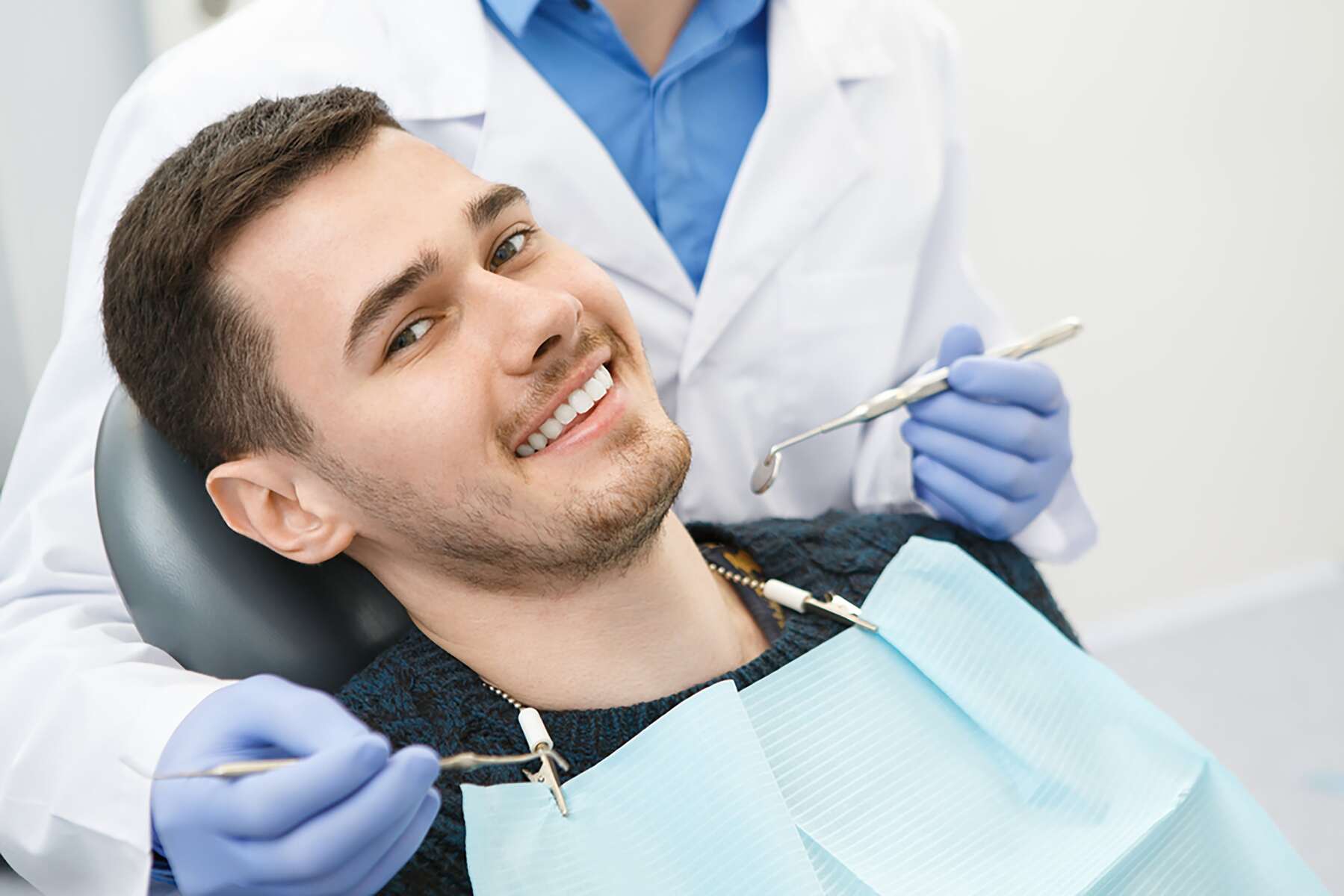Tooth decay is caused by acids found in meals and those produced by oral bacteria that eat away your tooth enamel. A dentist near you will perform a root canal treatment to address severe cases of tooth rot. It is the last resort before extraction becomes unavoidable.
Fillings are often used to take care of the early stages of dental decay, but if the decay penetrates the pulp chamber, which houses the pulp and nerve of the tooth, the tooth becomes vulnerable to infections, which can cause terrible pain.
We’ve done our best to address the most frequently asked questions concerning this endodontic surgery. As you read, you’ll discover that it’s not only a typical treatment but also far less frightening than the adage implies.
FAQs About Root Canal
Why does my dentist recommend root canal treatment?
When your infection doesn’t seem to be getting better on its own, and your tooth is thought to be at risk, our dentist in Dearborn may recommend a root canal. For example, tooth infection is a common cause of disease around your teeth. If a dentist does not properly treat the inflammation or infection, it can result in an abscess, toothache, or even tooth loss.
What is a Root Canal?
A root canal operation is performed when the pulp inside your tooth gets injured or infected. Further difficulties can be avoided by removing the pulp. Don’t worry because the tissues around the tooth are robust and nourishing; your properly developed tooth can exist without the pulp. Most importantly, removing the infection can prevent it from spreading to other body parts.
Root Canals: Do they hurt?
So many people ask this question, and we’re delighted to tell them that present-day root canal therapy near you is nothing like those before. Though you may experience tooth sensitivity following the operation, the discomfort is normally alleviated by over-the-counter pain medicines. Furthermore, most patients with modern root canal operations say they are comfy before and after the procedure.
Are there any restrictions to the type of food I should eat afterward?
Avoid foods that necessitate a lot of chewing. Soft foods, such as applesauce, eggs, salmon, and yogurt, are easy to chew and offer essential protein, vitamins, and minerals to your body. While most people report that root canal therapy in Dearborn is painless, you should limit your diet to soft foods for the first day after your procedure.
However, your dentist may advise you to refrain from eating for several hours following your procedure. It is due to numbing medicine that needs to wear off before eating.
How do I know I need root canal therapy?
Although your dentist will examine your teeth every time you come, there may be symptoms that emerge between visits that can warn you. The following are specific indications that you may require a root canal:
- When chewing or biting, you may experience pain.
- Gums with pimple-like lumps
- A tooth that is cracked or chipped
- Temperature sensitivity to hot or cold that persists long after the stimulus is removed
- Gums that are pink, swollen, or otherwise painful
- Gum discoloration
Will I need a dental crown once I have a root canal?
In some situations, your dentist may suggest you have a dental crown fitted after your root canal. The location of the teeth that were impacted within your mouth will determine whether you require a crown. For instance, teeth in the back of your mouth, including your molars, are necessary for chewing and may require the additional support that a crown provides. Your incisors and canines in the front of your mouth, utilized for biting and tearing, may not require a crown.
If your mouth or gums are hurting, or you know you need a root canal, schedule an appointment with Royal Dentistry.

